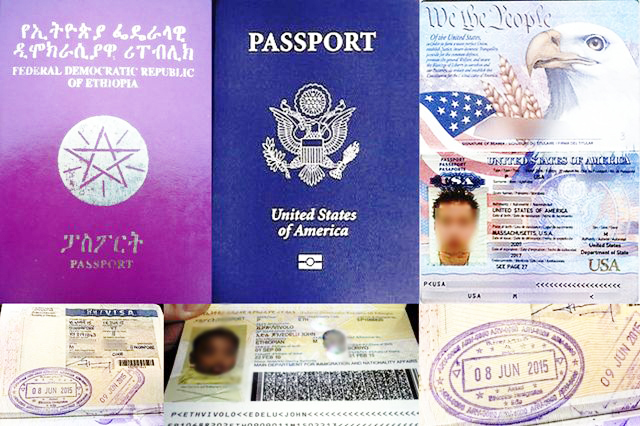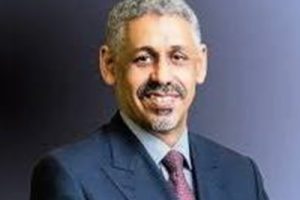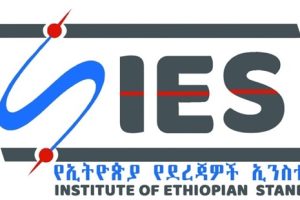
. Bete-Israelis, Rastafarians – among prime beneficiaries . Grantees admire the step as business-friendly
Starting from last July, the Immigration, Nationality and Vital Events Agency (INVEA) has been granting permanent residence permits, valid for five years, to foreign investors and nationals who have been living here for long.
So far, the Agency, in collaboration with the Ministry of Foreign Affairs, has granted permanent residence permits to some 460 foreign investors and nationals working in different sectors. Besides inspiring business boom by encouraging foreigners to invest and do business in Ethiopia, the visa grant is also expected to promote a positive image of Ethiopia, as a country of friendliness and hospitality.
Among those granted for permanent residency so far are Indian, Chinese, Greek, Armenian, and Italian citizens residing in Ethiopia for many years. The permanent visa grant also prioritizes Ethiopian Jewish Community (Bete-Israel) residing in Israel and people of African origin and Rastafarians.
According to INVEA and documents, Bete-Israel or Ethiopian Jews have been living in Ethiopia since the ancient times and have immigrated to Israel since the late 20th century Others entitled to the grant include members of the Rastafari movement, and other settlers from Jamaica and other parts of the Caribbean, 500 acres of land to dwell on, as well as officers of Ethiopian World Federation (a Federation established in United States in 1937 with the aim of mobilizing support for Ethiopians during the Italian invasion of 1935-41, and coordinating unity of Ethiopians (Black people) home and abroad).
Yemane Gebremeskel, Deputy Head of the Communication Department in the Agency tells The Ethiopian Herald that INVEA has been favoring these communities in granting the permanent visa. Taking the special case of the Ethiopian Jewish and Rastafarians into consideration, a total of 688 Ethiopian Jewish and 99 Jamaicans have been given unique identity and granted Ethiopian nationality by birth.
Hereafter, there is no need for them to have a visa and acquire residence permit to enter and stay in Ethiopia. Both may be employed in the country without residence and work permits and can be engaged in real-estate development and other schemes that are not allowed for non-Ethiopians to engage in.
They are also equally considered as that of Ethiopian Diaspora and descendants in accordance with the investment laws of the country. There are no legal, policy or practical restrictions regarding economic, social and administrative services for these two Ethiopian affiliated nationals, as to INVEA. Ethiopians who had previously documented their identities as Eritrean and Somali nationals for the sake of acquiring asylum overseas were not allowed to reclaim their Ethiopian nationality.
But now under the same scheme, these people have been identified and can be granted Ethiopian nationality and participate in the development of their country. The Main Department for Immigration and Nationality Affairs is working with stakeholders to promote legal transit of people and stop illegal movements and activities. Yemane says that the Department’s mandate is to ensure the legality of human activities. Today, due to the war, in Syria and Yemen citizens are being trafficked illegally, according to Yemane.
Speaking to The Ethiopian Herald around the agency’s vicinity recently, Mr. Sikh, shareholder of one of the oldest restaurants in Addis Ababa, Sangam Indian Restaurants, stated that he was obliged to renew his resident permit visa at the fall of every year for the last 45 years. Now he has recently got his permanent resident visa, which is for five years. After he got his visa, he said; “I got my permanent residence visa easily. I am very happy about this.
This permanent residence permit is very useful for my business in many ways.” Another permanent visa grantee, Mohammed Hussein, 83, who claims that his great-grandfather, Haji Cohen was one of the closest persons of Emperor Menelik-II and took part in the installation of the Menelik-II Palace, stated that though he is a foreigner, he does not feel like an outsider anymore. “Having this permanent visa permit, I am more encouraged to serve this country,” he said.
The Main Department revealed that it has granted legal identification visas for over 40,000 fellow Ethiopians abroad in all corners of the globe. The Agency has also been providing e-visa and visa on arrival services, the latter specifically targets African nationals in line with the AU agenda 2063 that aims to promote free movement of people within the continent. Over 120,000 foreign nationals have also visited Ethiopia using the e-visa scheme since its inception last year.
The Ethiopian Herald, January 3/2019
BY HAFTU GEBREZBAGIHER





